To celebrate the career of David Van Essen, PhD, the Department of Neuroscience at WashU Medicine is creating an endowed lectureship that will hold his name in perpetuity. The David Van Essen Lectureship will embody the values he champions: collaboration, openness and the free exchange of ideas. Tax-deductible gifts to support this fund will ensure Van Essen’s legacy continues to inspire and shape the field for decades to come.
The lectureship will be supported through private gifts that will cover honoraria, travel and
programming related to the event, while also creating opportunities to expand the reach of the lecture through recordings, livestreams, associated workshops or symposia.
The David Van Essen Lectureship will be a marquee annual event for the Department of
Neuroscience, drawing attendees from across WashU Medicine and beyond. Each year’s lecture will celebrate Van Essen’s legacy, ensuring that students and colleagues alike remember his pioneering achievements and his vision for an open, collaborative scientific community.
To make a gift, please designate Van Essen Lectureship.
If you would like more information about private support, please contact Emily Williams at williams.e@wustl.edu or 314-935-2660.
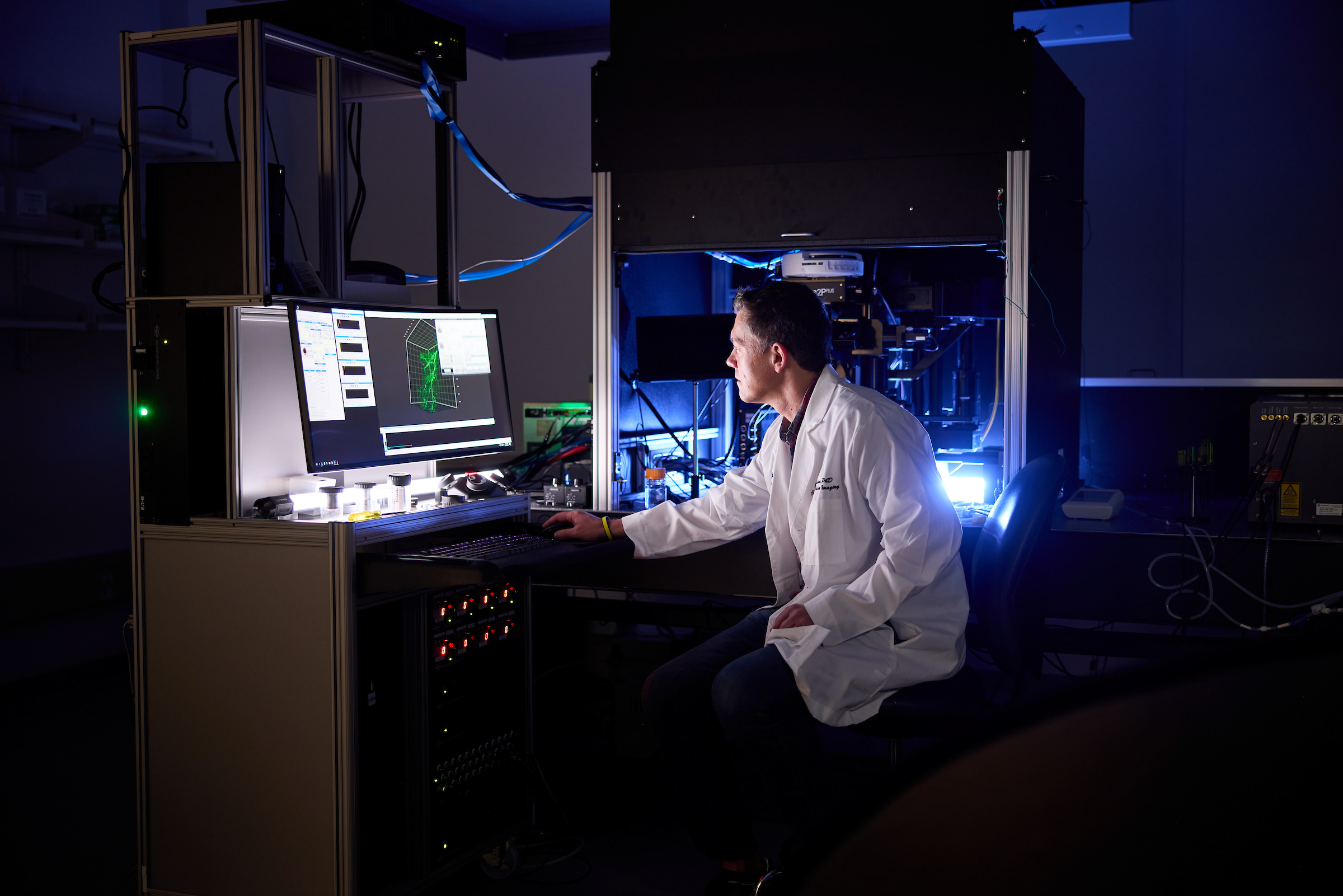
Partner with us to understand the brain.
By making a charitable contribution to the Department of Neuroscience, you are playing a critical role in the continuum of scientific and medical advances.
Private support makes the path-breaking work of scientific discovery possible. Thank you for your consideration of using your philanthropy to support our critical missions of research discovery and education.
This work is essential to understand the cause of human neurological diseases and mental illnesses and to develop new therapeutics and devices for our community. Gifts can be directed to the Department of Neuroscience in the form of cash, securities, corporate matching gifts, real estate and personal property. Gifts of all kinds are tax deductible and may be designated for immediate use or as a long-term investment through an endowment.
The Critical Importance of Basic Research
The inner workings of the brain have captivated scientists, philosophers, artists and physicians for centuries — yet some of the most fundamental questions about its functions remain unanswered: What is the function of sleep? How does memory work? How does the brain develop and learn? Answering these questions will not only satisfy human curiosity, but form the basic knowledge necessary to address related disorders such as insomnia, dementia and mental illness.
One reason there are no cures for these and numerous other conditions is that researchers are still uncovering what lies beneath them at the root of neurological functioning. The Department of Neuroscience is leading the way in uncovering these basic functions and mechanisms of the brain.
“Basic research provides the essential pipeline of discoveries that go into translation, and we have a clinical enterprise at WashU deeply embedded in that basic science,” says Linda Richards, PhD, the Edison Professor of Neuroscience and the head of the department. “I am deeply grateful for the support of donors who value this necessary work.”
The foundational insights made by members the department serve as guides to focus endeavors looking to solve some of medicine’s biggest problems, such as neurodegenerative diseases, spinal cord injuries and sensory impairments. Our areas of expertise include:
- Anatomy
- Behavior
- Brain development
- Brain imaging
- Brain cell signaling and biology
- Cognition
- Control of movement
- Learning and memory
- Neural circuitry
- Neurodegeneration
- Neural injury and repair
- Sensory processing
- Sleep
Donors’ contributions are especially impactful at this time as the department has moved into a new, state-of-the art facility devoted to neuroscience research. This transition offers laboratories a springboard to advance their research programs in new ways and to take advantage of the unprecedented opportunities for collaboration engineered into the design of the building. Your donation to the department could help direct how these new possibilities take shape in the coming years.
Funding opportunities
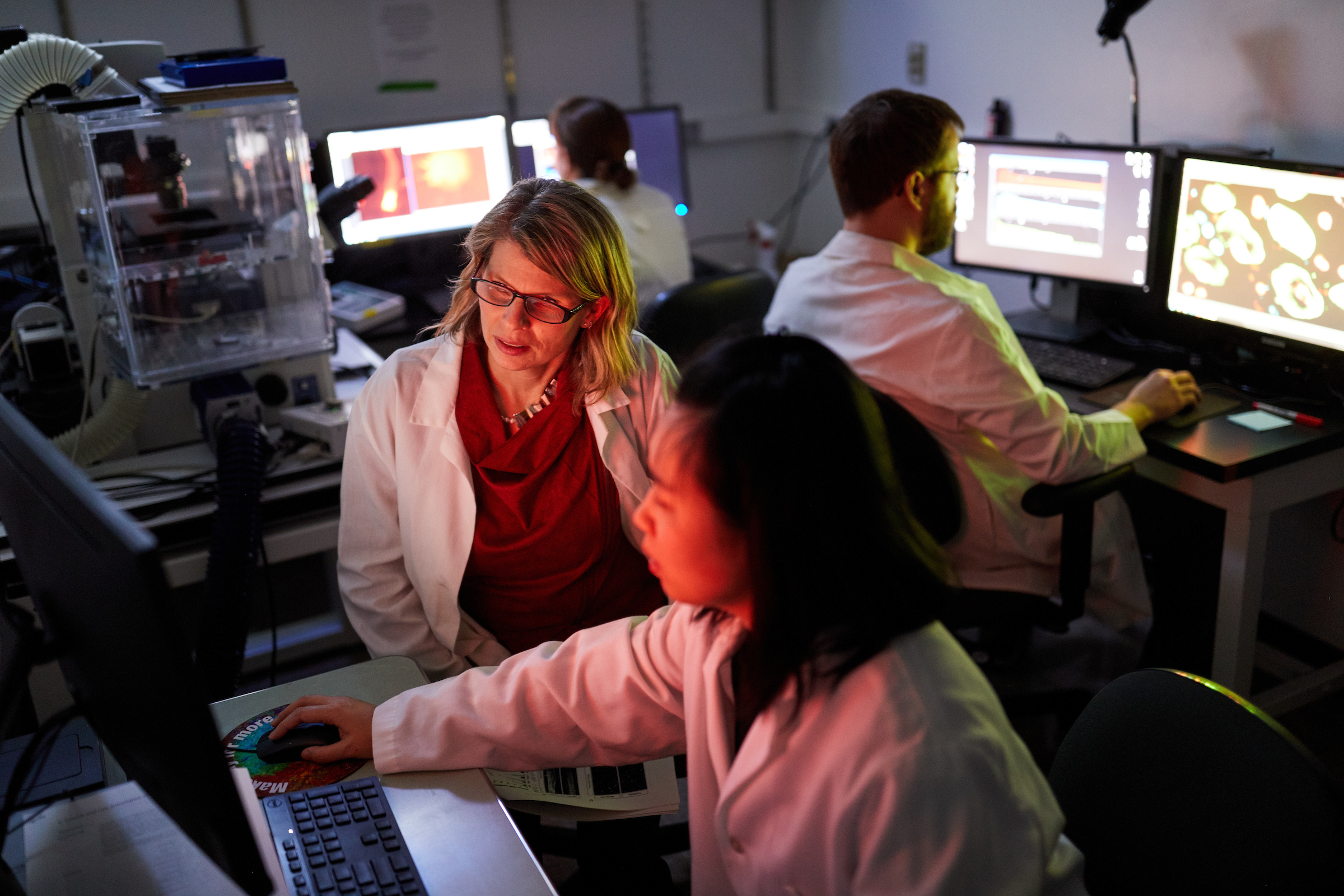
Endowed professorships
Traditionally, an endowed professorship is used as a tool by an institution to recruit, retain and reward the highest level of academic accomplishment. These prestigious awards allow investigators to pursue novel paths of research and establish themselves as leaders in their fields. This type of funding also creates a retention tool to allow us to be competitive when our faculty stars are targeted for recruitment by other institutions.
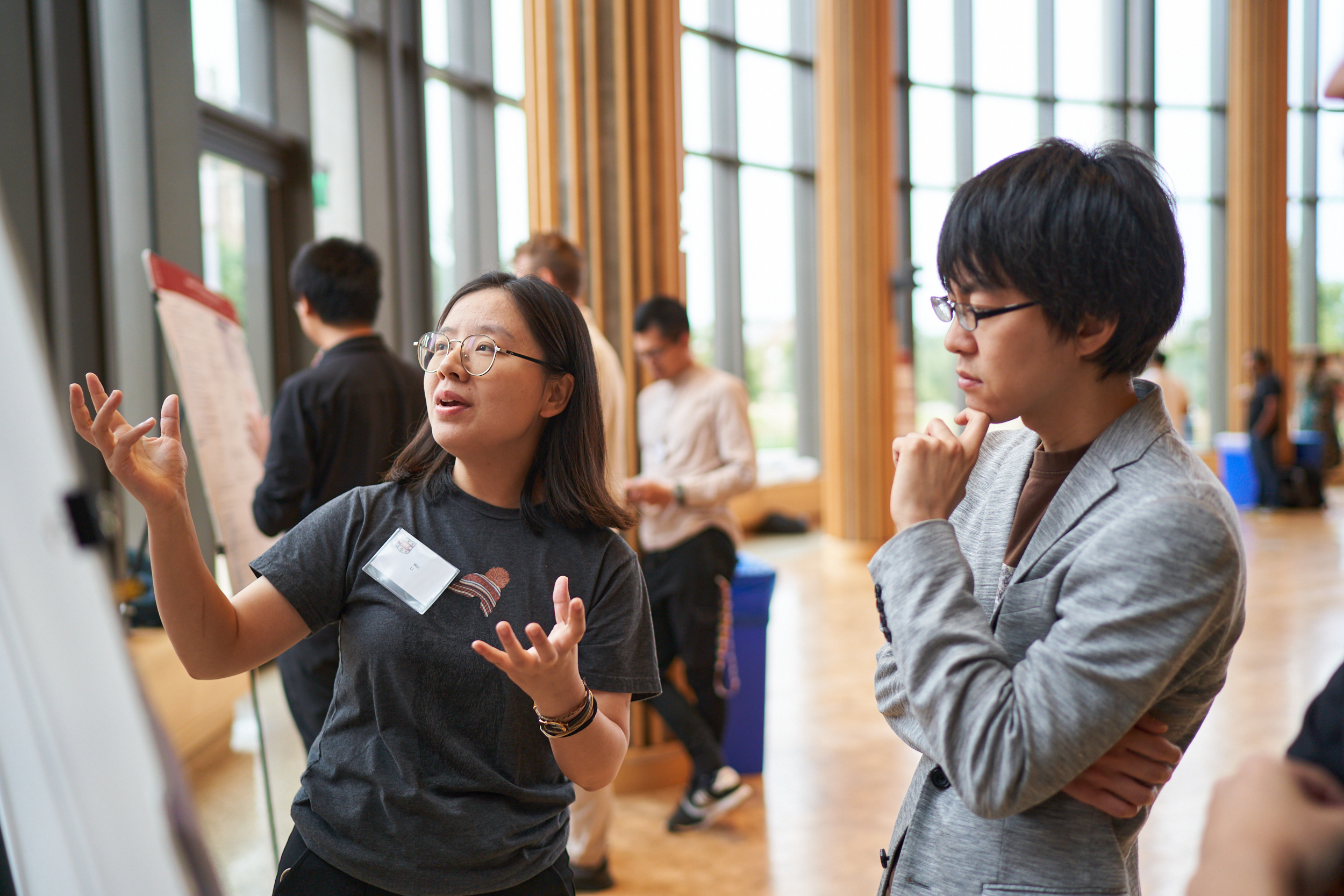
Postdoctoral fellowships
Fellowships enable us to recruit best-in-class talent. These scholars become the next generation of scientists who generate discoveries and innovate novel approaches to research in neuroscience. Supporting fellowships in this area helps us develop the talent pipeline of future leaders in the field who will propel advances in understanding the basic functions of the brain.

Neurotech Hub
The Neurotech Hub, located in our Neuroscience Research Building, is among the few specialized facilities like it in the nation. Using tools such as precision laser cutters and high-resolution 3D printers, the Hub provides custom design and build services for novel techniques and devices, both hardware and software. This enables researchers to perform experiments that could not have been done previously — therefore leading to exciting discoveries and innovations. Funding for the Neurotech Hub would support personnel and equipment that allows researchers to perform investigations that are at the leading edge of the field of neuroscience.

Center for Cellular Imaging
The WashU Center for Cellular Imaging houses some of the most cutting-edge microscopy and imaging instruments in the world, including light, electron, X-ray and cryo-transmission electron microscopes. The WUCCI provides researchers with affordable access to these technologies, professional guidance in experimental design and sample preparation and data analysis. The WUCCI also develops and applies new imaging technologies to advance understanding of brain health and disease. Funding for the WUCCI would support personnel and equipment that positions WashU as a world leader in imaging science. Furthermore, support will strengthen the WUCCI satellite facility recently established in the new Neuroscience Research Building.
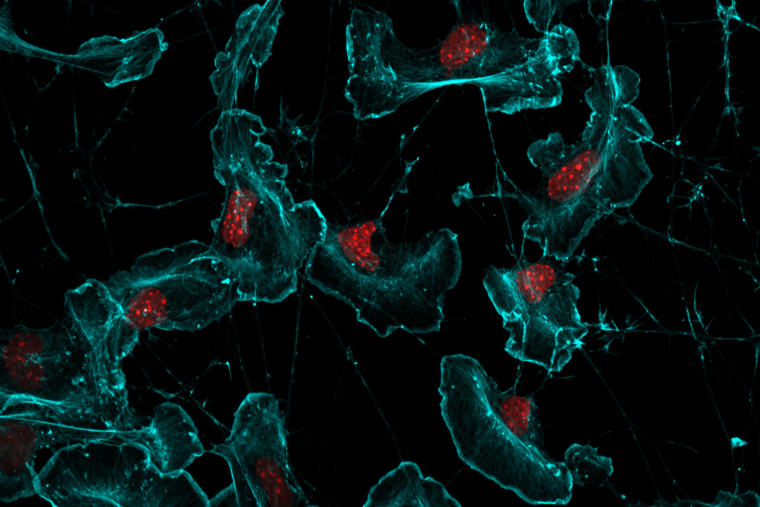
Brain Mircoanatomy Core
The Brain Microanatomy Core will provide specialized histology and imaging services to accelerate neuroscience research at WashU. Located in our new Neuroscience Research Building, this unique resource will further position WashU as a leading institution for neuroscience research. Funding will support equipment and personnel for this critical endeavor.
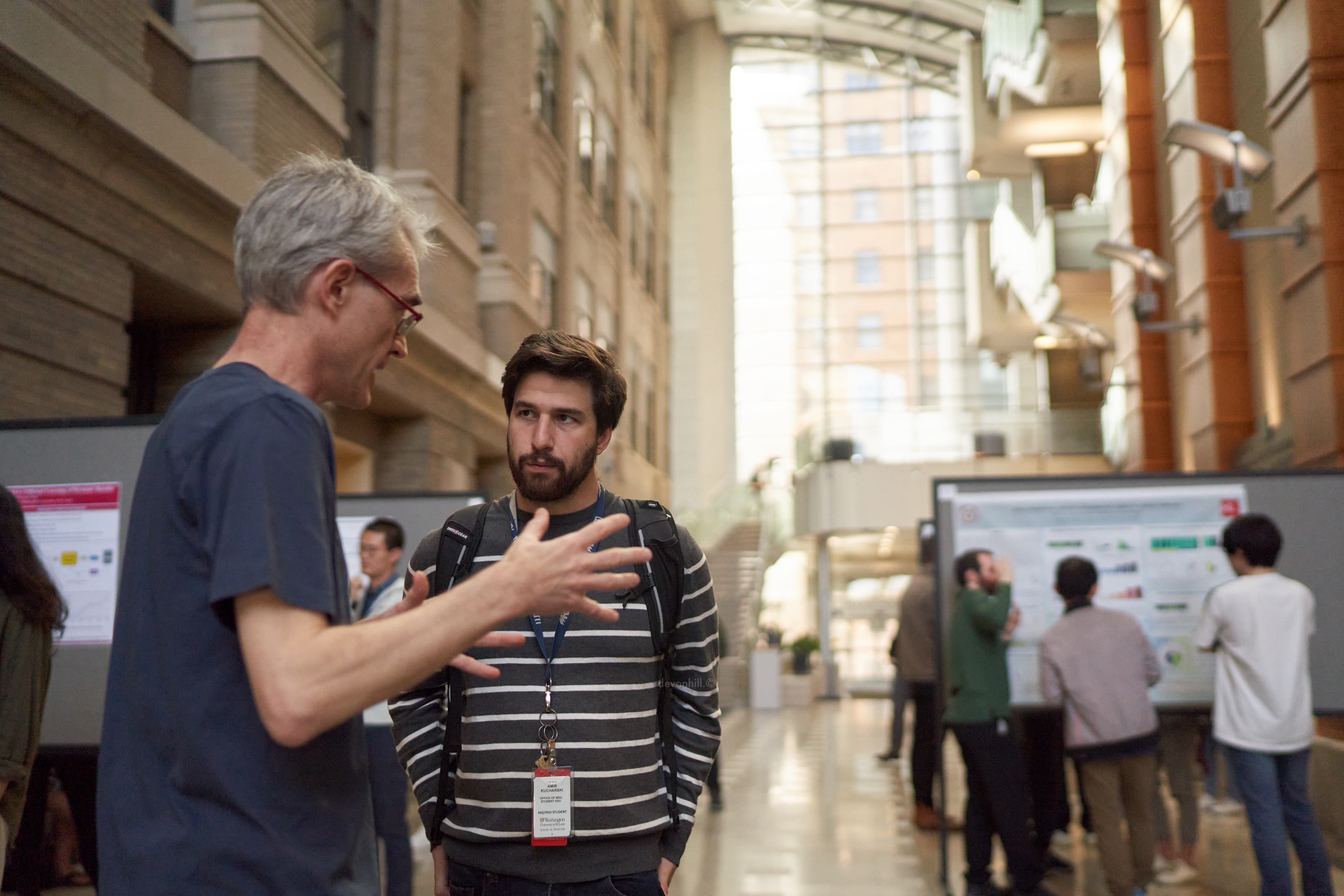
Center for Theoretical & Computational Neuroscience
The newly established CTCN supports collaborative, creative research projects across disciplines at WashU, with a focus on accelerating and improving artificial intelligence. Funding would support our prestigious postdoctoral fellowships and seminars that train the next generation of computational and theoretical neuroscientists.
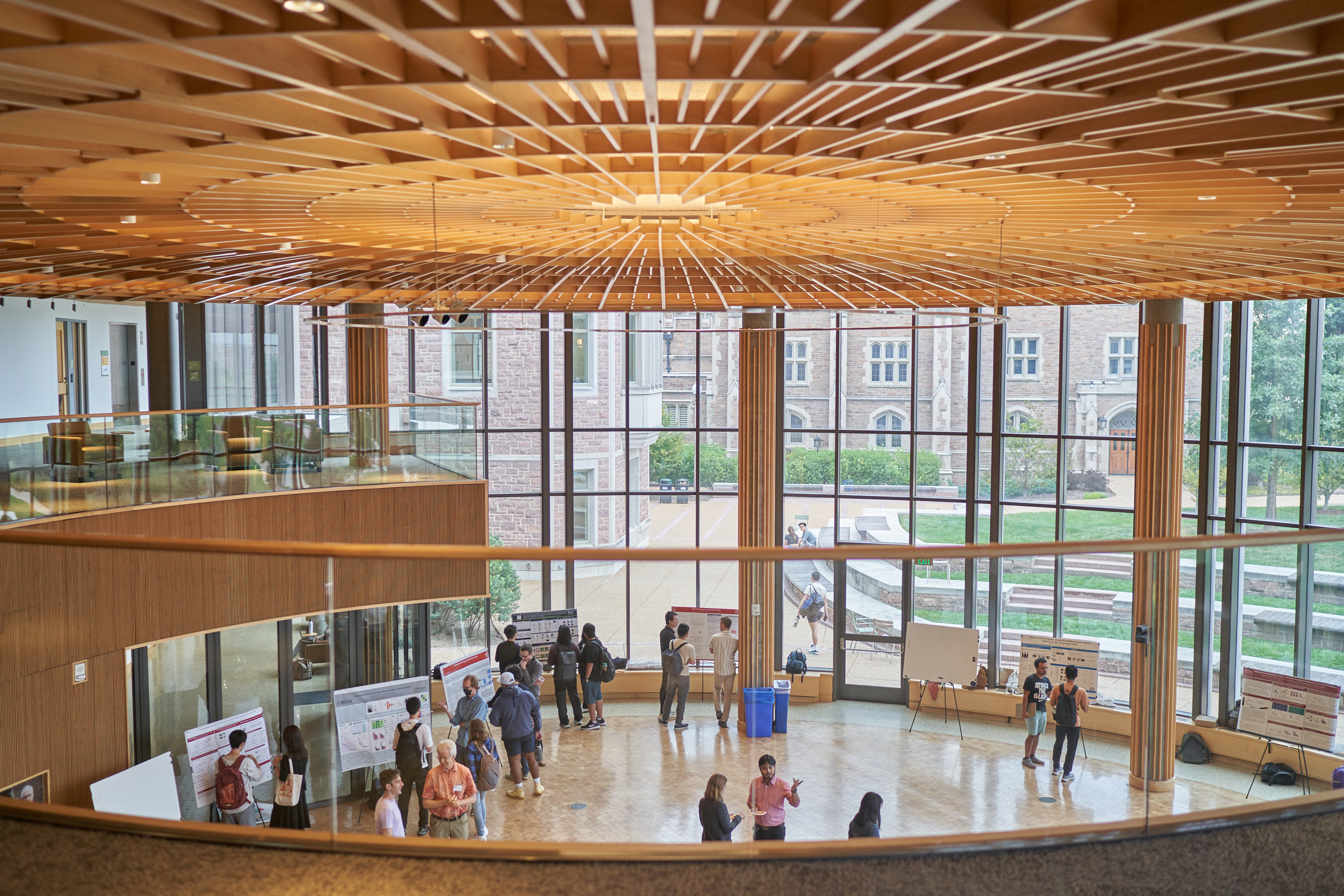
Annual symposium
Scientific meetings allow global experts dedicated time to collaborate, share cutting-edge ideas and accelerate scientific progress. For conferences on specific brain disorders, family participation in these events offers unique opportunities for scientists and patients to interact, and in-person gatherings enable the collection of often difficult-to-source biospecimens, imaging data and medical information.
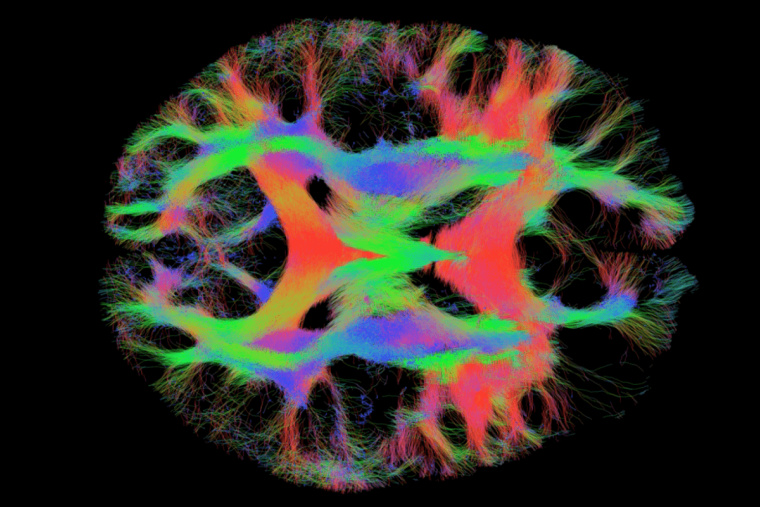
Biobanking and data management
Funding is needed to maintain space, equipment and personnel; and manage collections of biospecimens, genetic sequencing data and medical history from patients with neurodevelopmental disorders. This collection ensures that researchers and clinicians at WashU have access to the materials they need for investigating the causes of these disorders, improving diagnosis and developing potential treatments. Such a biobank would position WashU as a global hub for researchers to access tissues and patient data for research on developmental disorders. Support for the biobank would also accelerate new and innovative treatments by allowing faster access to a wider range of samples for use in research.
Types of Gifts
Outright gifts — Private gifts provide valuable resources that allow for the delivery of unique opportunities throughout the department in real-time throughout the year. This type of support allows us the flexibility to follow truly promising new discoveries, cover project shortfalls when other funding has been reduced or eliminated and devote more time and focus directly to research.
An outright gift designated to the Department of Neuroscience can be made online or by sending a check made out to WashU with Department of Neuroscience denoted in the memo line to:
WashU
c/o Emily Williams
7425 Forsyth Blvd.
Campus Box 1082
St. Louis, MO 63105
Planned gifts — A planned gift provides an opportunity for you to integrate a charitable gift into your overall financial, tax and estate plan. Planned gifts can provide expendable support when disbursed or they can be used to establish an endowed fund that will live in perpetuity with the institution. Planned Giving provides strategies that enable you to support the Department of Neuroscience through:
- Wills and trusts
- Stocks/securities
- Real estate
- Charitable gift annuities/trusts
- Retirement plan assets
- Beneficiary designations
If you would like to designate the Department of Neuroscience as a beneficiary of a portion or all of your estate, the My Planned Gift Form provides us the information we need to properly document your wishes.
Memorial gifts — We are honored when families request that memorial donations be directed to the Department of Neuroscience. Please contact Emily Williams and she will provide the information you need to make sure these incredibly meaningful gifts are designated appropriately.